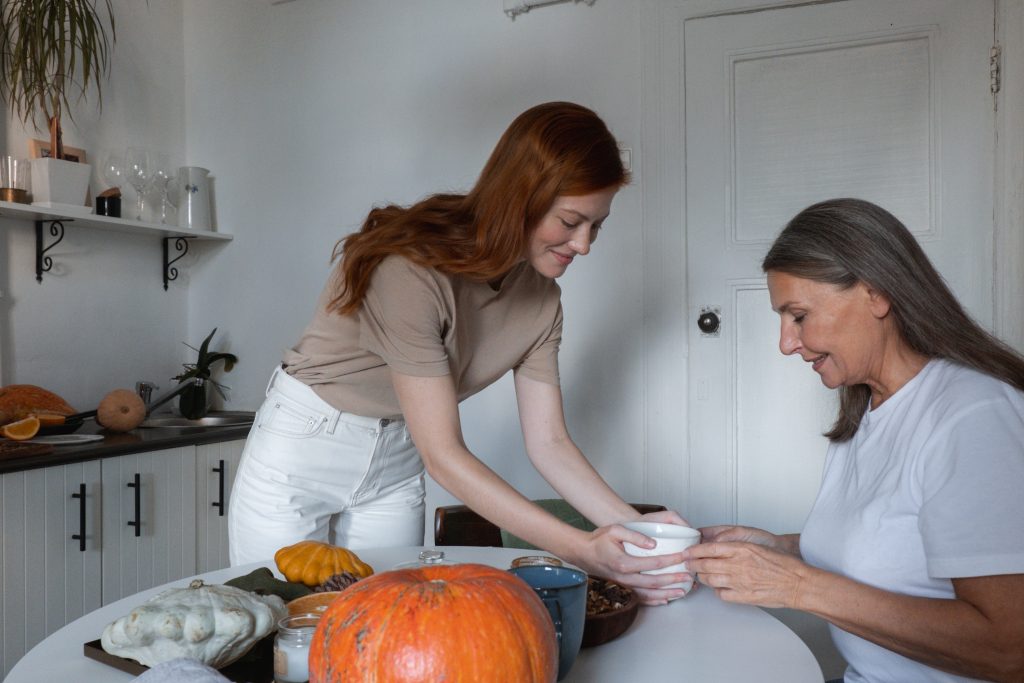Understanding Social Wellness and its Benefits
Social wellness is dynamic. It is all about feeling good and happy in our social relationships and being able to connect with others in a meaningful way.

When we think of wellbeing, most of us think of either mental or physical wellbeing, which are incredibly important components of wellbeing but there is one area of wellbeing that is often overlooked when we consider self-care and living well, and that is our individual social wellness.
Social wellness is dynamic. It is all about feeling good and happy in our social relationships and being able to connect with others in a meaningful way. It covers many aspects of our social lives, such as our relationships with family, friends, and colleagues, how supported we feel, and how much we feel like we belong and are connected to others. Social wellness is important for our overall wellbeing, and it’s linked to positive health outcomes, such as better mental and physical health.
Having support from others is important for social wellness. Support can come from family, friends, colleagues, and other people we know. It means having people we can turn to when we’re stressed or need help. Research has shown that having social support can help reduce stress and improve our immune function.
Another important part of social wellness is being involved in social activities and events that we enjoy. This can include things like sports, hobbies, or volunteering. Doing things, we like with others helps us feel connected and can reduce the risk of depression and anxiety.
There are many things we can do to improve our social wellness. One of the most important is building strong and supportive relationships with those around us. This means spending time with family and friends, being kind to others, and reaching out for support when we need it. We can also challenge stigma and discrimination, and work towards creating a more inclusive and equal society.
Where to start? Take a look at the list below and set an intention to try one thing this week.
1 – Join a social club or group that aligns with your interests. Whether it’s a sports team, book club, or hobby group, finding a group of like-minded people to spend time with can help you build new friendships and connect with others who share your passions.
2 – Volunteer for a cause you care about. Volunteering not only allows you to give back to your community, but it also provides an opportunity to meet new people and make connections with others who share your values and interests.
3 – Plan regular social activities with friends and family. Whether it’s a weekly dinner date, game night, or outdoor activity, scheduling regular social activities with those closest to you can help you stay connected and foster a sense of community.
4 – Practice active listening and empathy in your conversations. When you’re talking with others, make a conscious effort to listen actively and show empathy for their thoughts and feelings. This can help you build stronger relationships and create a sense of mutual support.
5 – Attend social events and gatherings. Whether it’s a community festival, networking event, or party, attending social events and gatherings can provide opportunities to meet new people, expand your social circle, and have fun in a social setting.
In summary, social wellness is all about feeling good in our social relationships and being connected to others. It’s important for our overall wellbeing, and we can improve it by building strong relationships, participating in social activities, and seeking out support from others when we need it.
Citations:
National Institute on Aging. (2021). Social Wellness Toolkit. Retrieved from https://www.nia.nih.gov/health/social-wellness-toolkit.
American Psychological Association. (2021). Building Your Social Support Network. Retrieved from https://www.apa.org/topics/social-support-networks.
Mayo Clinic. (2021). Social wellness: Tap into the power of social connections. Retrieved from https://www.mayoclinic.org/healthy-lifestyle/adult-health/in-depth/social-wellness/art-20044033.




